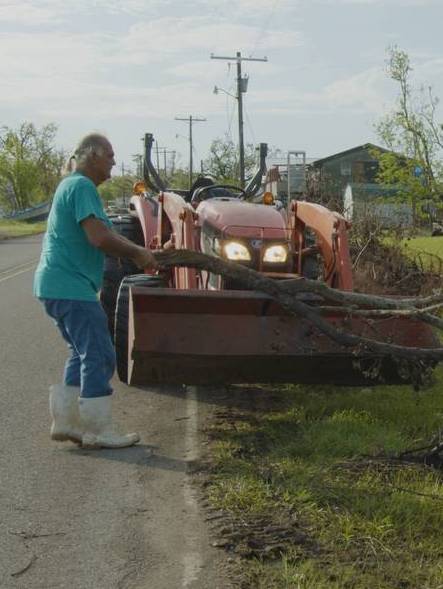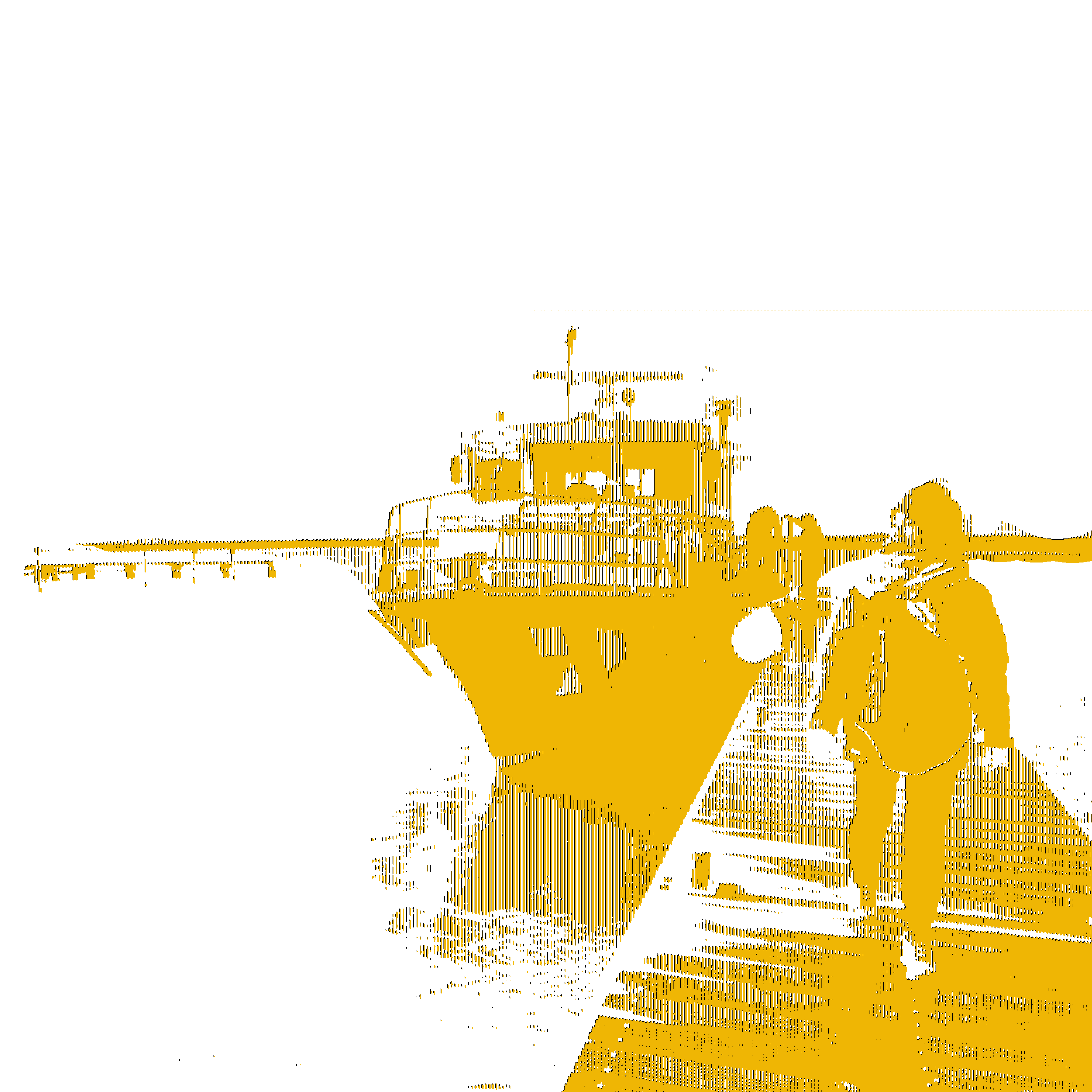On March 18-27, 2022, the Pulitzer Center will present “Shifting Coastlines: Tough Choices, Innovative Responses,” in partnership with the 30th anniversary of the Environmental Film Festival in the Nation’s Capital.
This virtual program will screen eight short films showcasing reporting supported through the Pulitzer Center’s Connected Coastlines initiative. These films center on changing coastlines and innovative approaches to mitigating the effects of climate change in the United States.
On March 25, the Pulitzer Center also will bring together filmmakers and journalists to dig into the reporting, share the process behind their work, and answer questions from the audience. Filmmakers will include Duy Linh Tu, Frank Graff, and Michelle Lotker. Journalist Rickey Ciapha Dennis Jr. also joins the conversation.
Films will cover a range of topics, from the Indigenous people of Pointe-Aux-Chenes fighting coastal erosion, to inland communities facing the impacts of severe weather events.
Films will be available for free March 18-27, 2022, on the Pulitzer Center-EFF landing page.
Films include:
- At the Edge of a Warming World: Climate Change on Cape Cod
- Directed by Anush Elbakyan, Caitlin Healy, Shelby Lum
- If we are going to preserve Cape Cod, we must learn to look for warnings we would prefer to ignore. This documentary will explore what climate change is doing here, what it means for the future of this beloved place, and what the cost of inaction could be.
- Directed by Anush Elbakyan, Caitlin Healy, Shelby Lum
- Uprooted
- Directed by Duy Linh Tu
- After Hurricane Ida slammed into the Louisiana coast in August 2021, it took more than 100 lives and cost billions of dollars in damage. To some here, the storm’s coming was just one more justification for a desperate measure to preserve the state’s coast by intentionally flooding parts of the state. Experts say they do not want to sound alarmist, but they believe they cannot be successful in restoring the coast without using the resources of the Mississippi River. That plan has far-reaching implications for the environment and the residents along the project's path.
- Directed by Duy Linh Tu
- The Last Holdouts
- Directed by Duy Linh Tu
- In 2020, five major storms slammed the Louisiana coast, the most ever in a single season. For many living here, this unprecedented barrage was a final warning. Now Biloxi-Chitimacha-Choctaw tribal members have decided to leave. What happens here is an important foreshadowing of what will happen to coastal communities globally, researchers warn. Sea levels are rising by an average of about 3.5 millimeters (0.14 inch) per year. And the problem is getting worse.
- Directed by Duy Linh Tu
- Sunny Day Floods
- Directed by Rossie Izlar
- Most people associate floods with storms and hurricanes. But coastal cities all along the Eastern Seaboard are experiencing a huge increase in "nuisance" or "sunny day" flooding—when it floods on a normal, sunny day.
- Directed by Rossie Izlar
- Resisting the Flood
- Directed by Michelle Lotker
- The historic town of Princeville, North Carolina, sits on low-lying land within the floodplain of the Tar River. With increasing storm intensity, the town is experiencing more and more frequent flooding. Princeville residents are using innovative building practices to “floodproof” the town.
- Directed by Michelle Lotker
- Shoreline Defenders
- Directed by Rossie Izlar
- Most homeowners build a hard wall in the face of erosion, which has only gotten worse as seas continue to rise. But hardened shorelines like bulkheads and seawalls demolish ecosystems along estuaries. There's an alternative, one that coastal managers are starting to use. They are called living shorelines.
- Directed by Rossie Izlar
- Squeezing the Marsh
- Directed by Michelle Lotker
- The humble saltmarsh sparrow lives in a habitat that's threatened by climate change. The marshes they live in are being squeezed out of existence—development on one side, and rising seas on the other. And marshes aren’t only important as bird habitats. Humans rely on them, too.
- Directed by Michelle Lotker
- Feeding the Beach
- Directed by Frank Graff, Michelle Lotker
- Rising seas and increasing storms due to climate change are eroding beaches along the North Carolina coast. But beach towns like Emerald Isle rely on feeding the beach, using beach nourishment, to buy more time.
- Directed by Frank Graff, Michelle Lotker
Connected Coastlines is the Pulitzer Center’s nationwide climate reporting initiative in U.S. coastal states. This initiative has supported more than 25 reporting projects, which have yielded 130 stories published by 39 media outlets along every U.S. coastline, including Alaska and Hawaii.

Project
State of Change
“State of Change” showcases human-centered portraits of North Carolinians’ experiences with the...

Project
Uprooted
Climate change and coastal erosion have submerged nearly 98% of the land belonging to an Indigenous...








